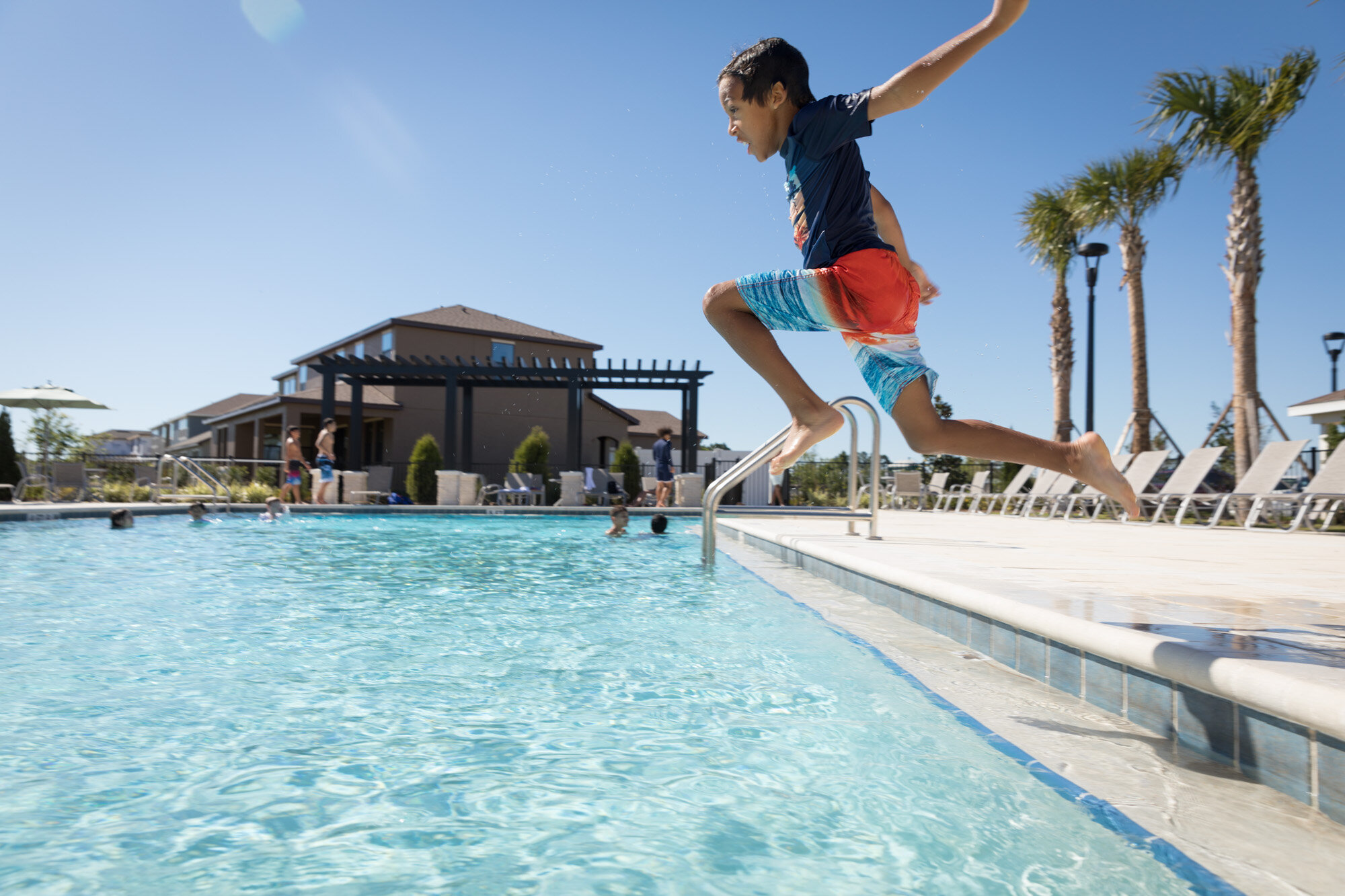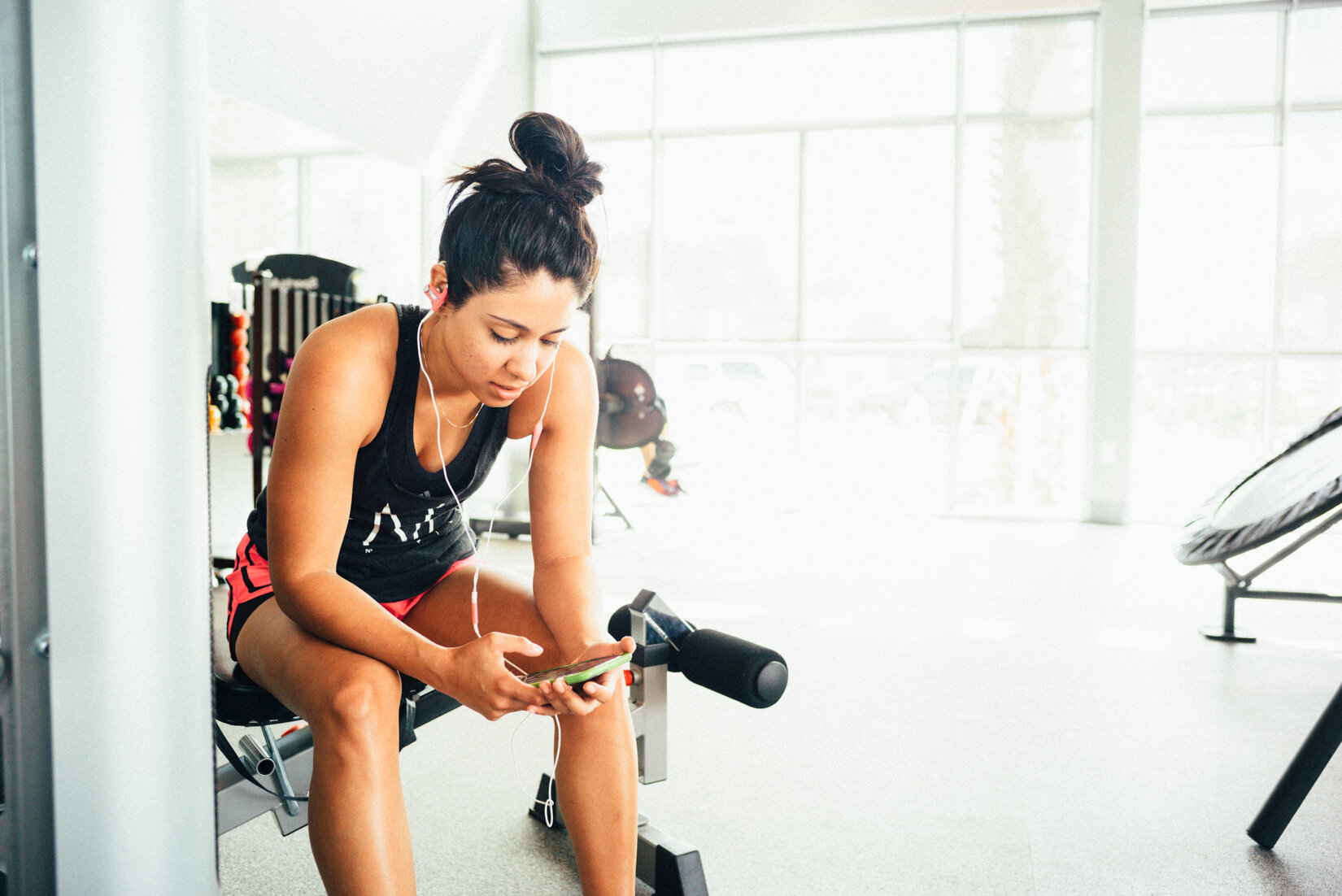Mindfulness is a practice to live an intentional and present life. Simply put, mindfulness is not something that you "do;" it's a mindset that you live.
Mindfulness is a mental state achieved by focusing your awareness on the present moment. Reflection and the cultivation of a sense of self-awareness are important parts of mindfulness. These practices can lead to an enhanced sense of well-being, among other benefits.
Why We're Talking About Mindfulness
Our mind influences our body and our attitude impacts our health. Through the practice of mindfulness, we can come to see that our mind is filled with an array of thoughts, some beneficial to our personal happiness and whole health, and others not so much.
Taking mindful pauses throughout the day allows us to reflect on our thoughts and be self-aware of how those thoughts might be affecting our behaviors as well as our emotional and physical health. Over time, practicing mindfulness can help you more calmly manage your thoughts and emotions. Eventually, this can promote a decrease in unproductive thoughts, less emotional reactivity, and boosts focus, to name a few.
A clouded mind makes it hard for us to find clarity in almost anything we do. Mindfulness enables us to weed through our distractions, resulting in clear focus and enhanced potential.
Making Mindfulness Work
To practice mindfulness, start by increasing your awareness of who you are and your surroundings. Observe your behaviors, reactions and thoughts to recognize patterns. Acknowledge them as they are and try not to pass judgment or analyze them. Instead, let thoughts and feelings form organically; there are no "wrong" thoughts. Then, accept them, work through them and refocus.
If you practice some meditation - using some guided apps or an exercise you develop on your own - you can be better prepared to have a healthier outlook and a more productive, happy life.
These tips, provided by our research partner, AdventHealth, are available to you and others in the Lake Nona community to help make positive impacts on our health.
Another way you can make a difference is by taking the Lake Nona Life Project survey. We can’t do it alone. We need partners like you. Take the survey today

















